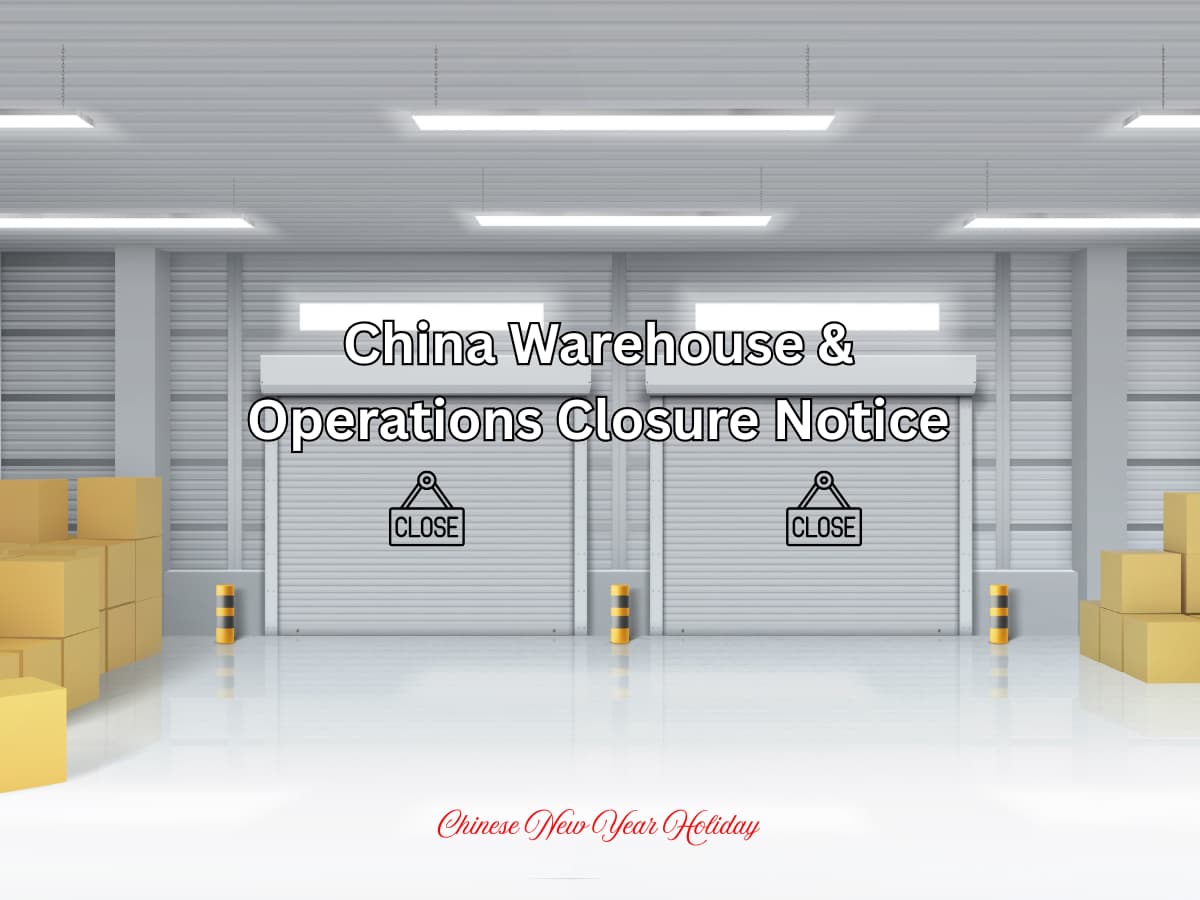Supply chain management entails different aspects and stages, such as planning, manufacturing, warehousing, sourcing, procurement, shipping, distribution, and delivery.
These stages play essential roles and work collectively to ensure the efficiency and success of the supply chain and that goods get to the final consumer on time and in good condition.
In the modern world, businesses rely a lot on supply chain management for efficiency, and in between production and delivery lies warehousing, which is a crucial aspect of the supply chain process.
Warehousing provides space for raw materials to be stored even before production; it also includes space for storage after production and makes room for consolidation before distribution, thereby standing out as a strategic node in the supply chain.
Warehousing Explained.
Warehousing involves the storage of goods and materials on a large scale in a particular place or space. From e-commerce businesses to retailers and 3PL partners, the dependence on warehousing in the day-to-day running of businesses depicts its place and role in the economy, which includes:
1. Efficient Storage:
Raw materials and finished items stored in warehouses are part of supply chain management so that the quality of products stays the same. However, it is important to do a proper assessment of warehousing facilities before they are picked for the storage of goods.
Assess the location of the warehouse and ensure that it is motorable, that the storage techniques used align with your business, and that it is suitable for the particular product to be stored.
2. Inventory management and accountability:
Warehousing facilitates the monitoring and maintenance of stock levels through inventory management, thereby speeding up the delivery process to clients and increasing customer satisfaction.
Through inventory management, warehouses act as the hub and link between demand and supply, thereby ensuring the smooth circulation of goods, especially in times of disruptions in the supply chain.
3. Consolidation and Break-bulk:
Aside from storage, warehouses also serve as consolidation points for shipping companies, where goods from different suppliers or producers are brought together and merged into more significant quantities of shipment before they are sent to carriers.
With this step, transportation costs and the number of shipments required are reduced. Looking the other way around, warehouses also facilitate break-bulk operations, where large shipments from a manufacturer or manufacturers are separated and divided into smaller orders for individual customers.
4. Order Fulfilment and Distribution:
When it comes to the fulfilment of orders and distribution to the clients, the warehouse plays a significant role. Since goods are stored in the warehouse, when orders are placed, the next point of call is the warehouse, where the goods will be picked up, packaged for safety, and sent to the customer.
The warehouse, therefore, works closely with the delivery department. The ability to meet the customer's timeline depends mainly on the efficiency of the warehouse, and inefficient warehousing can result in delays in the supply chain.
Additional services:
When warehousing is mentioned, the first thing that comes to mind is storage; warehouses however offer a range of value-added services that add value to the supply chain. Packaging, labelling, product customisation, product mixing, order assembly, etc. also take place in the warehouse.
Through these services, value is added to the goods, and goods are adequately protected to avoid damages or being sent to the wrong location. The specific demands of the customer are fully met through labelling and customisation, thereby facilitating the highest customer satisfaction.
5. Risk Management:
Warehouses facilitate risk management and help to eliminate damage, theft, the effect of adverse weather conditions, and problems that come with price fluctuation.
Warehousing also helps businesses mitigate the risk that comes with disruption in the supply chain by storing large amounts of goods in different geographical locations.
Warehousing facilitates the procurement and storage of excess goods, especially seasonal goods, at lower costs in anticipation of price increases, thereby helping to minimise costs and adding more financial value for the company.
6. Cost reduction and profit increment:
Through consolidation and break-bulk shipments, warehousing enables businesses to reduce transportation costs and optimise their order fulfilment process. Additionally, having a warehouse allows companies to purchase large quantities of goods at a cheaper rate.
Procurement and storage of out-of-season goods in large amounts and selling them at high rates in the future also adds to the overall profit of the organisation.
7. Customer Satisfaction:
Warehousing also promotes improved customer service, fast order fulfilment, good condition of goods, and timely delivery, thereby enhancing customer satisfaction and promoting brand loyalty, which is very important for businesses to remain competitive in the fast-paced economic terrain where a high level of expectation is placed on them by the customers.
The warehousing aspect of the supply chain industry in recent times is experiencing some form of revolution due to the need for transparency, accountability, accuracy in inventory level, accuracy in forecasting, and speed, and the outcome is the adoption and incorporation of advanced technologies such as automation, robotics, and artificial intelligence in the warehousing functionalities. Partner with SARA PROCUREMENT SERVICES LIMITED for optimised warehousing services.
Visit our physical office space at 3 Fatai Irawo Street, Ajao Estate, Airport Road, Lagos, Nigeria, or any of our warehouse touch point locations worldwide to learn more about us and utilise our services.
Our 247-email correspondence is hello@chinatolagos.com. Contact us today.
We are equally social, and you can find us @SaraProcure on your favourite channels: Twitter, Threads, Facebook, and Instagram.
.png)





Comments
Please log in to leave a comment.